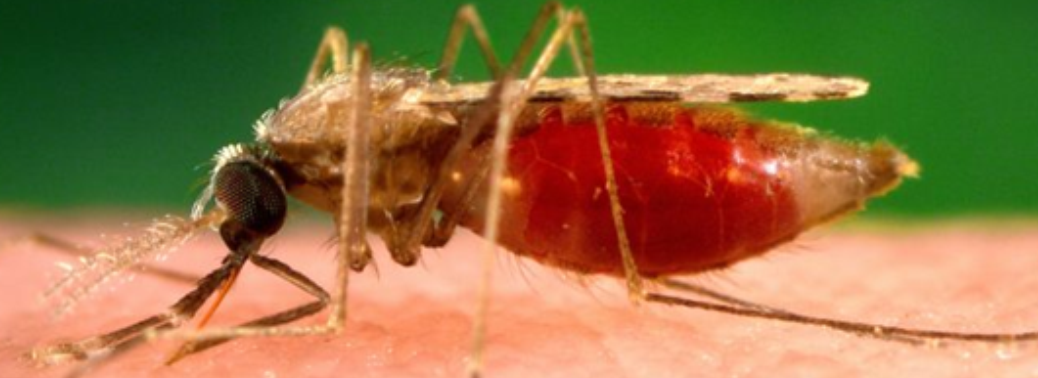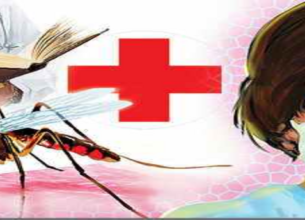ERADICATING MALARIA BY 2050
10, Sep 2019

Prelims level : Science & Technology- Health
Mains level : GS-III- Science and Technology - developments and their applications and effects in everyday life Achievements of Indians in science & technology; indigenization of technology and developing new technology. GS-II- Issues relating to development and management of Social Sector or Services relating to Health, Education, Human Resources.
Why in News?
- A report in The Lancet concludes that it is possible to eradicate malaria as early as 2050 — or within a generation — with the right strategies and sufficient funding. The report, published by The Lancet Commission on malaria eradication, used existing evidence with new epidemiological and financial analyses.
Global Malaria Trends:
- Since 2000, global malaria incidence and death rates declined by 36 and 60 per cent, respectively.
- Today, more than half of the world’s countries are malaria-free. However, there are over 200 million cases of malaria reported each year, claiming nearly half a million lives.
- However, this progress hangs in the balance. Despite global efforts, there are over 200 million cases of malaria reported around the world each year, claiming the lives of nearly half a million individuals.
- Malaria cases are rising in 55 countries in Africa, Asia and Latin America. There is also inequity, with 29 countries (27 in Africa) accounting for the large majority of new cases and 85 per cent of global deaths in 2017.
- Two countries (Nigeria and Democratic Republic of Congo) account for 36 per cent of global cases. On the other hand, 38 countries had incidences of fewer than ten cases per 1,000 population in 2017 and reported just 5% of total malaria deaths.
Modelling A World Free from Malaria:
- The report used new modelling to estimate plausible scenarios for the distribution and intensity of malaria in 2030 and 2050.
- Analyses indicate that socioeconomic and environmental trends, together with improved coverage of malaria interventions, will create a world in 2050 with malaria persisting in pockets of low-level transmission in equatorial Africa.
- To achieve eradication by 2050, the Report Identifies three ways to accelerate the decline in Malaria Cases:
-
1. The world must improve implementation of malaria control programmes.
2. They must develop and roll out innovative new tools to overcome the biological challenges to eradication.
3. Malaria-Endemic Countries and Donors must Provide the Financial Investment Needed.
About Malaria:
- Malaria is a disease caused by Plasmodium Parasites. These are spread from person to person by the bite of Female Anopheles Mosquitoes in search of a blood meal.
- Once infected, people become very sick with a severe fever and shaking chills.
- The parasites infect cells in the liver and red blood cells, and other symptoms include anaemia.
- Eventually the disease takes a toll on the whole body, including the brain, and can be fatal. Around 435,000 people – mostly children – die from malaria each year.







